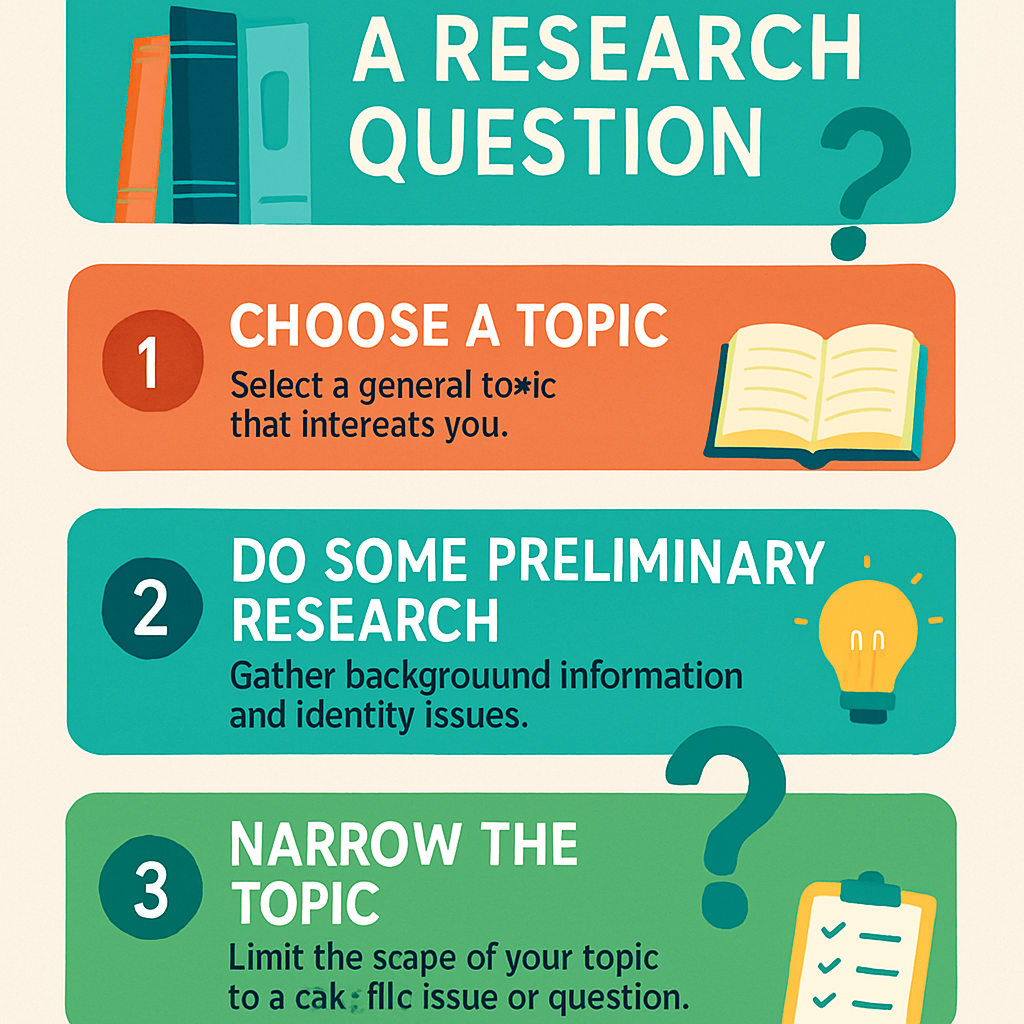Formulating effective research questions is a crucial step in conducting impactful studies within the K12 education field. Without a clear question, research can lose focus and fail to address meaningful challenges. This article explores essential methods for creating well-defined research questions, helping educators and researchers move from confusion to clarity in their approach.

Understanding the Importance of Research Questions
Research questions serve as the foundation for any academic study. They provide direction, define the scope, and guide the methodology. In K12 education, well-crafted questions can address real-world challenges, such as improving student engagement, enhancing teaching methods, or evaluating curriculum effectiveness. For example, a question like “How does the integration of technology affect student learning outcomes in middle schools?” narrows the focus and makes the study actionable.
To understand the significance of research questions, consider visiting Research question on Wikipedia, which offers an in-depth explanation of their role in academic studies.
Steps to Formulate Focused Research Questions
Crafting effective research questions requires a systematic approach. Here are the key steps:
- Identify a broad topic: Start with an area of interest, such as classroom management or student motivation.
- Narrow the focus: Break down the topic into specific issues or challenges.
- Review existing literature: Explore previous studies to identify gaps or trends.
- Define the purpose: Determine whether the question aims to explore, explain, or evaluate.
- Refine for clarity: Use precise language to ensure the question is specific and measurable.
For further reading, Britannica’s article on Education provides additional insights into academic inquiry within the field.

Common Pitfalls and How to Avoid Them
Even experienced researchers can encounter challenges when formulating research questions. Avoid these common mistakes:
- Being too broad: Questions like “How do students learn?” lack focus and are difficult to study.
- Overly complex wording: Use clear and concise language to improve understanding.
- Ignoring feasibility: Ensure the question is realistic within your resources and timeframe.
- Skipping pilot testing: Test questions on a small scale to identify potential issues.
By addressing these pitfalls, researchers can ensure their studies are constructive and actionable.
Refining Questions for Maximum Impact
Once a draft question is created, it’s vital to refine it for greater clarity and relevance. Techniques include:
- Peer feedback: Share the question with colleagues for constructive input.
- SMART criteria: Ensure the question is Specific, Measurable, Achievable, Relevant, and Time-bound.
- Alignment with goals: Verify that the question aligns with the intended outcomes of the study.
Refinement is an iterative process that transforms a good question into a great one.
Readability guidance: To ensure accessibility, use short paragraphs and lists wherever possible. Incorporate transition words such as “however,” “therefore,” and “as a result” to improve flow.


